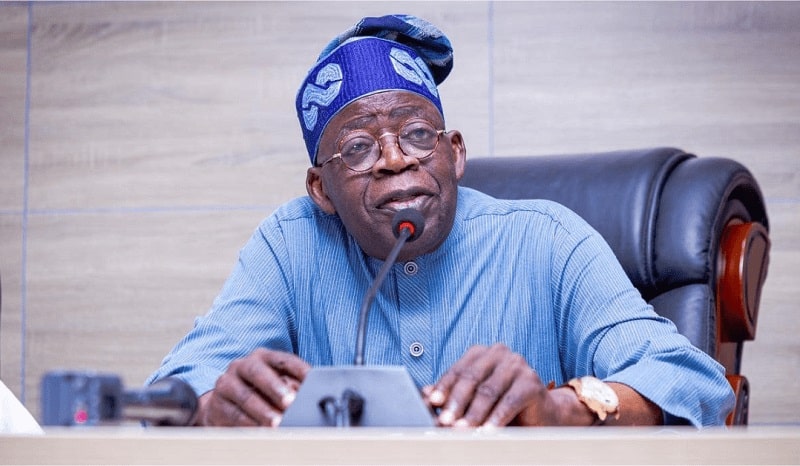
By Godwin Anyebe
For too long, the narrative surrounding Nigeria’s economic prospects has been tinged with a heavy dose of skepticism and a litany of challenges. Yet, as we stand at the mid-point of 2025, a tangible and encouraging shift is evident. The audacious, often painful, reforms initiated by the Bola Ahmed Tinubu administration and robustly executed by the Central Bank of Nigeria (CBN) are finally beginning to bear fruit, offering a much-needed glimmer of hope for a nation long yearning for economic stability and growth.
The evidence of this nascent turnaround is becoming increasingly undeniable. The Nigerian financial sector, once grappling with severe foreign exchange illiquidity and a chaotic multi-tiered market, is showing remarkable signs of recovery. The unification of the exchange rate windows, while initially causing significant shock, has been pivotal. This decisive move, coupled with the CBN’s diligent clearance of a substantial FX backlog, has begun to stabilize the Naira, improve liquidity, and restore a crucial measure of confidence among investors. The banking sector’s net foreign assets hitting a decade high is not mere happenstance; it is a direct consequence of these courageous and necessary reforms.
Beyond the foreign exchange market, the aggressive tightening of monetary policy, including successive interest rate hikes, is starting to yield dividends in the persistent battle against inflation. While the cost of living remains a significant concern for the average Nigerian, the recent deceleration in the headline inflation rate, reaching 22.97% in May, suggests that the CBN’s commitment to price stability is gaining traction. This is a crucial step towards creating a more predictable economic environment, which is vital for both domestic investment and attracting foreign capital.
The Nigerian equities market, responding to these positive signals, has delivered impressive returns, rewarding investors with significant capital gains. This resurgence is a testament to renewed confidence in corporate Nigeria and the broader economic outlook. Furthermore, the burgeoning commercial paper market highlights a sophisticated evolution in corporate finance, as businesses increasingly find agile and cost-effective funding solutions beyond traditional bank loans, signifying adaptability and innovation within the private sector.
Perhaps one of the most forward-looking developments is the government’s pragmatic shift in its approach to digital assets. The recent legal recognition of cryptocurrencies under the Investments and Securities Act 2025 is a bold move that positions Nigeria as a leader in embracing financial technology. This step, away from outright prohibition towards thoughtful regulation, acknowledges the reality of widespread crypto adoption and paves the way for responsible innovation, investor protection, and the potential for new economic opportunities in the digital space.
Of course, the road ahead is not without its bumps. The immediate impact of reforms, such as fuel subsidy removal and exchange rate unification, has imposed considerable hardship on households and businesses. The fight against inflation is far from over, and sustained effort is required to bring it down to single digits. Fiscal prudence, diversification of the economy beyond oil, and addressing insecurity remain critical challenges.
However, it is crucial not to lose sight of the progress being made. The current administration has demonstrated a political will to make tough but necessary decisions, a quality often absent in previous eras. The CBN, under its new leadership, has shown a clear resolve to prioritize macroeconomic stability above all else. This combined focus is creating a foundation upon which sustainable growth can be built.
The “glimmer of hope” is not an illusion; it is a tangible shift in economic indicators, a renewed sense of purpose from policymakers, and a gradual return of investor confidence. While patience and continued vigilance are required, Nigerians can begin to look towards the second half of 2025 and beyond with a cautious optimism. The reforms are indeed bearing fruit, and for a nation long overdue for an economic revival, that is a reason to believe.



